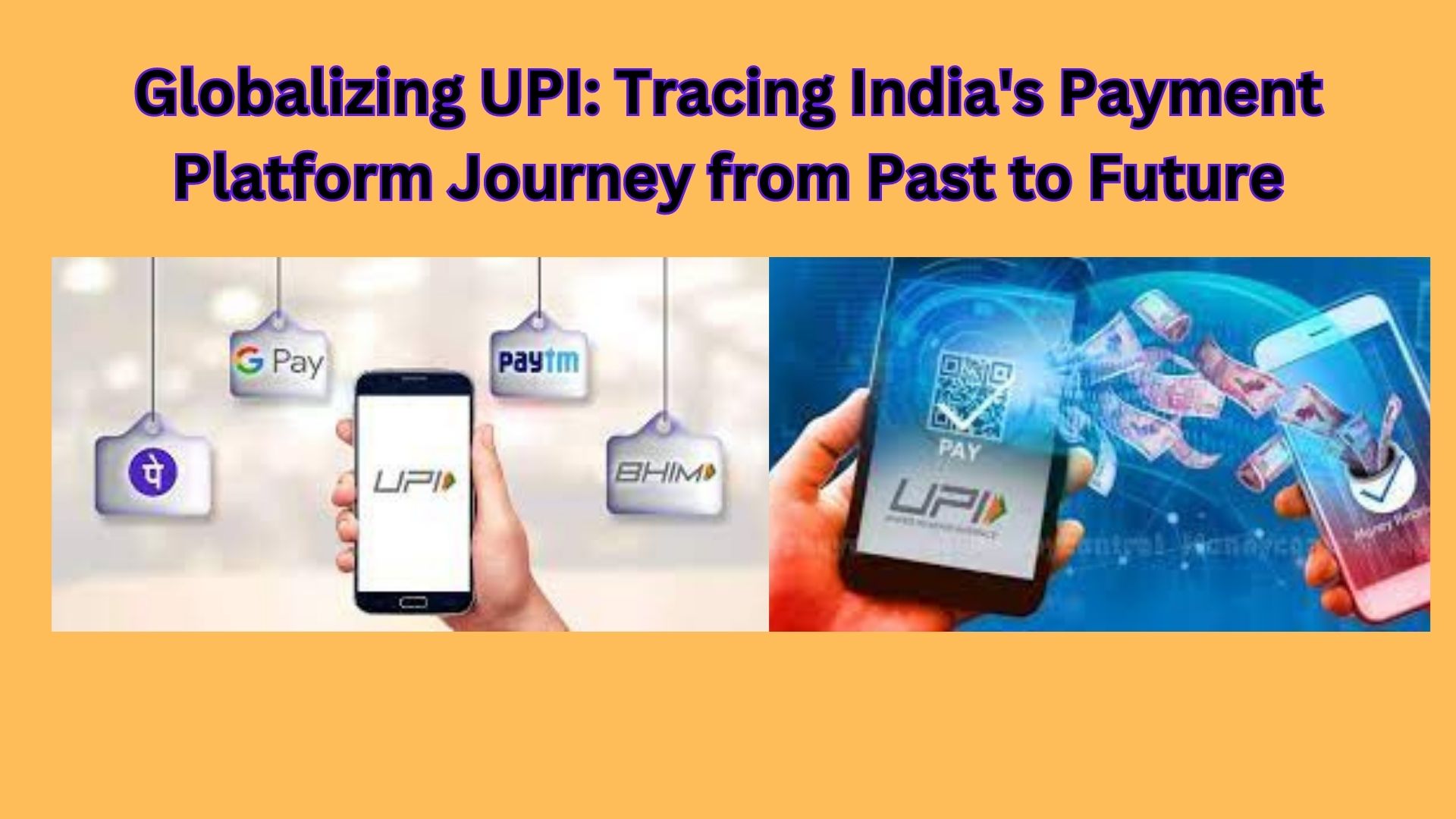
The Unified Payments Interface (UPI) stands out as an outstanding Indian innovation that has garnered global attention for its remarkable impact on digital payments. Prime Minister Narendra Modi emphasized the pivotal role of UPI during a recent BRICS meeting, highlighting India’s leading position in global digital transactions.
PM Modi also advocated for the expansion of UPI within the BRICS group, which now includes six new member states, signaling the potential for collaboration in UPI technology.
While its expansion into BRICS nations is on the horizon, UPI has already embarked on its journey towards global recognition.
Global Adoption of UPI
In recent weeks, three countries—France, the United Arab Emirates (UAE), and Sri Lanka—swiftly embraced UPI for digital transactions. This expansion holds significant implications:
- France: UPI’s entry into France marks its foothold in Europe, a critical step for the European expansion of Indian digital payments technology.
- Sri Lanka and UAE: UPI’s introduction in these nations strengthens India’s economic ties, benefiting bilateral trade and tourism.
Haresh Calcuttawala, Co-Founder of TreZix, a B2B SaaS platform, underscores the convenience for Indian travelers in France, stating that UPI’s global expansion will enhance bilateral trade and tourism. Additionally, UPI’s framework streamlines cross-border transactions, ensuring secure and swift settlements for global trade partners.
Business Perspectives on UPI Expansion
The introduction of UPI in these countries offers several business advantages:
- France: A popular destination for Indian tourists and a significant trade partner for India’s medium and small businesses, which stand to benefit from UPI adoption.
- Sri Lanka: India’s largest trade partner with bilateral trade exceeding $5.5 billion.
- UAE: Strong trade partnership, particularly with the Comprehensive Economic Partnership Agreement in effect.
Anand Agrawal, Co-Founder & CPTO of fintech startup Credgenics, emphasizes the growth opportunities presented by UPI’s global expansion for the Indian fintech sector. This sector received $4.8 billion in funding in 2022 and is projected to become a $2 trillion industry by 2030.
UPI’s Remarkable Journey
Launched by the National Payments Corporation of India in 2016, UPI has played a pivotal role in India’s fintech story. It has grown from just one million transactions in October 2016 to approaching one trillion transactions today. Remarkably, UPI accounted for 75% of retail transaction volume in 2022-23.
UPI’s Impact on Transactions
UPI has transformed the way Indians transact, significantly reducing cash transactions from 90% of total volume in 2017 to less than 60% in 2021. UPI and other digital transaction systems have filled this gap, creating a niche for themselves.
Cost Savings and Economic Impact
UPI’s efficiency led to cost savings of $12.6 billion and contributed $16.4 billion to India’s economy in 2021, as reported by Cebr Economic Research.
Key Moments in UPI’s Journey
- Demonetization in 2016: UPI’s transaction volume surged from 2.9 million to 72 million in less than six months after the demonetization of Rs 500 and Rs 1000 notes. By the end of 2017, UPI transactions had grown by 900%.
- Cheap Data Packs: The launch of affordable data packs in 2016-17 played a crucial role in expanding UPI payments beyond India’s Tier I cities.
International Recognition
On November 7, 2019, Google wrote a letter to the US Federal Reserve, supporting faster digital payment settlement services. Google highlighted UPI’s success in India, attributing it to thoughtful planning, collaboration between the government, technology, and financial services, and the positive impact on the world’s largest country.
The Future and Challenges
UPI’s future growth looks promising, with expectations of four-fold growth by 2026. However, challenges lie ahead, including competition with established global payment giants like Visa and Mastercard, adjustments to cater to Western customers, high initial transfer costs, and compliance with digital regulations.
UPI stakeholders may need to collaborate with global payment providers and regulators to address these challenges and ensure compliance with local standards.
In summary, UPI’s global expansion marks a significant milestone in India’s fintech journey, presenting both opportunities and challenges as it seeks to establish itself on the world stage.
Also Read
Strategies for Personal Finance: 5 Investment Choices for Financial Freedom in the Digital Age
